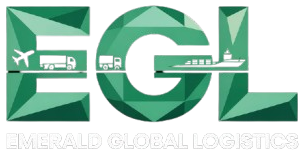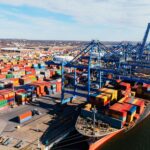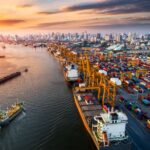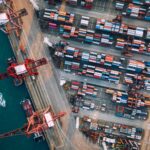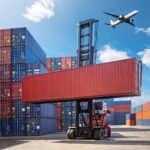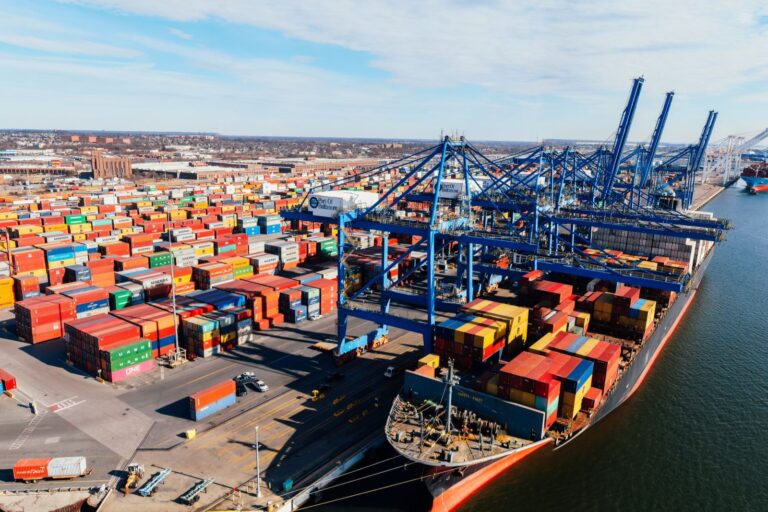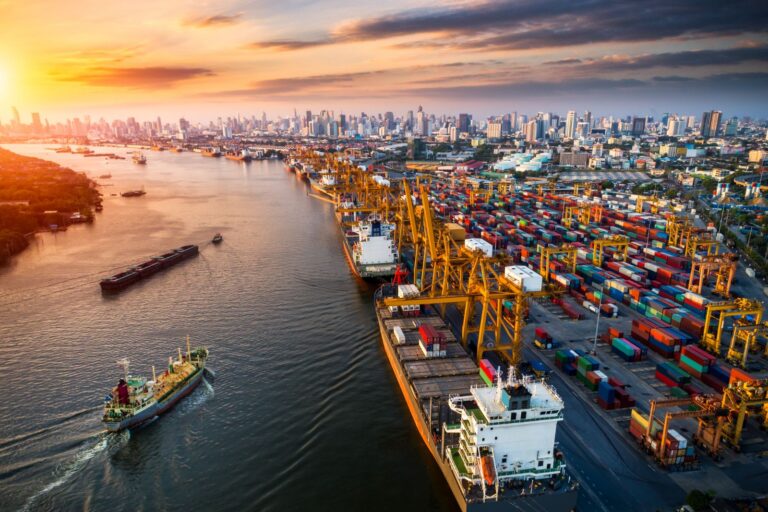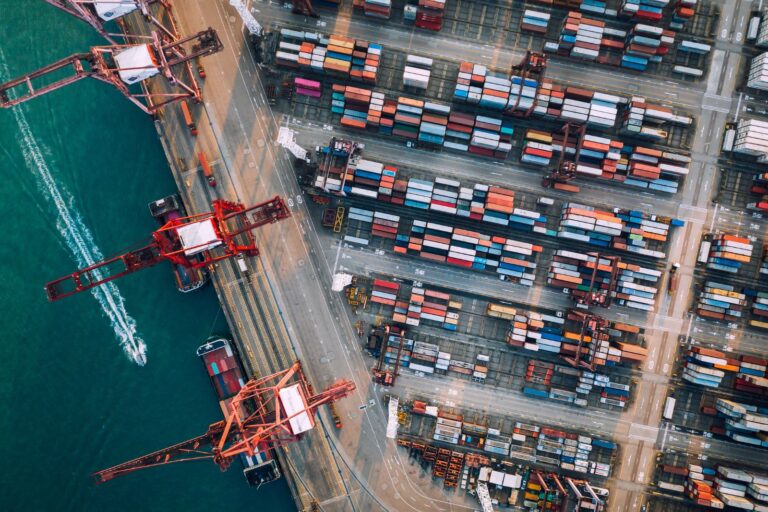Global trade relies heavily on shipping efficiency, and choosing the right cargo method can significantly impact cost, speed, and reliability. Two commonly used terms in international shipping are FCL (Full Container Load) and ICL (Intermediate Container Load). Understanding these shipping methods is essential for businesses aiming to optimise their supply chain and reduce transportation costs.
FCL and ICL shipping offer different advantages depending on shipment size, budget, and delivery timelines. While FCL provides a dedicated container for a single shipment, ICL allows multiple shippers to share container space, offering flexibility for smaller cargo.
At EGL – Emerald Global Logistics, we specialise in FCL and ICL shipping solutions across Australia and globally, helping businesses choose the most efficient and cost-effective method for their cargo.
FCL vs ICL Shipping: Key Differences
1. Full Container Load (FCL)
- Dedicated Container: Entire container used by one shipper.
- Ideal for Large Shipments: Best suited for bulk orders or high-volume goods.
- Faster Transit: No need for consolidation with other shipments.
- Reduced Risk of Damage: Cargo handled less frequently.
2. Intermediate Container Load (ICL)
- Shared Container: Multiple shippers share space in one container.
- Cost-Effective for Small Shipments: Pay only for used space.
- Slightly Longer Transit: May involve consolidation and deconsolidation processes.
- Flexibility: Ideal for businesses without enough volume for FCL.
How FCL ICL Shipping Works
Step 1: Assess Cargo Volume and Requirements
- Determine shipment size, weight, and delivery urgency.
- EGL assists businesses in choosing between FCL or ICL based on cargo characteristics.
Step 2: Container Booking
- FCL: Book a full container (20ft or 40ft standard).
- ICL: Book required space and consolidate with other shipments.
Step 3: Cargo Loading and Documentation
- Prepare packing lists, commercial invoices, and shipping documentation.
- Ensure cargo is packed securely to prevent damage during transit.
Step 4: Shipping and Tracking
- Cargo transported via sea or multimodal options.
- EGL provides tracking solutions and updates throughout transit.
Step 5: Delivery and Unloading
- FCL: Cargo delivered directly to consignee or warehouse.
- ICL: Cargo deconsolidated and delivered based on individual shipments.
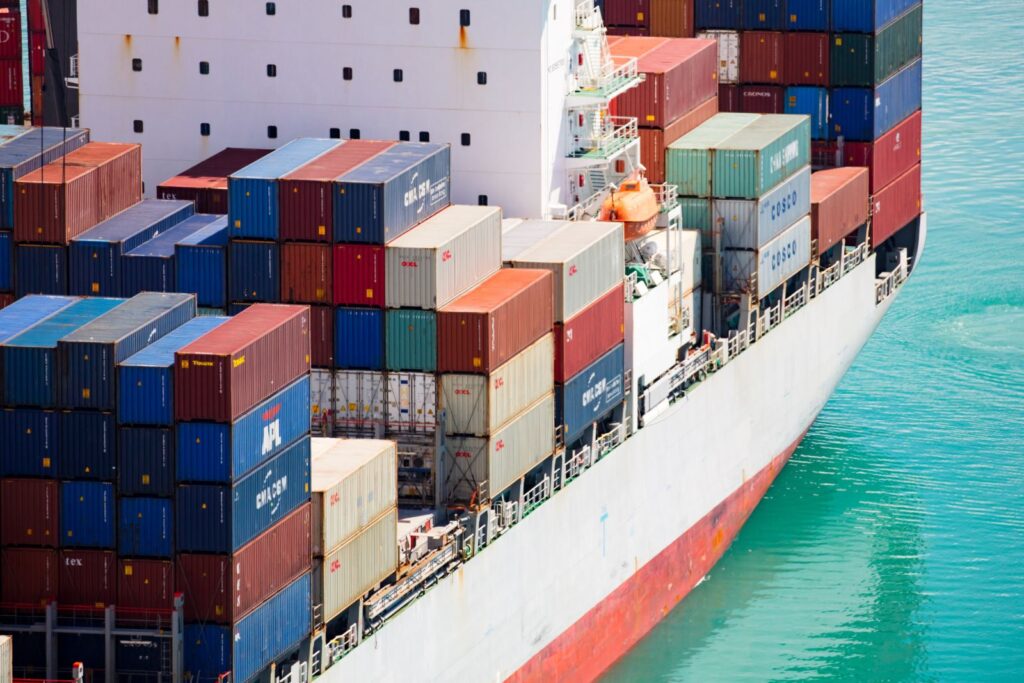
Benefits of FCL ICL Shipping
- Cost Efficiency: ICL reduces cost for small shipments; FCL optimises larger shipments.
- Time Management: FCL offers faster transit; ICL allows flexibility for partial loads.
- Security: FCL minimises handling; ICL handled professionally to ensure safety.
- Customised Solutions: EGL offers tailored logistics plans based on shipment type.
- Global Reach: Suitable for international trade across multiple ports.
Costs and Pricing Insights
Factors Affecting Costs:
- Container Size: Standard 20ft vs 40ft container costs.
- Shipment Volume: ICL cost depends on the space used.
- Distance and Route: Longer or complex routes increase shipping fees.
- Customs and Duties: Taxes and tariffs vary per country and shipment type.
Tip: Using EGL helps calculate accurate costs and choose the most efficient shipping method.
Tips & Best Practices
- Choose Right Method: Select FCL for bulk shipments, ICL for smaller cargo.
- Proper Documentation: Avoid delays by submitting accurate documents.
- Secure Packing: Prevent damage during handling and transit.
- Plan Ahead: Book shipments early to ensure availability.
- Use Experienced Brokers: EGL provides expert guidance for smooth operations.
Common Mistakes to Avoid
- Misjudging shipment volume and choosing the wrong method
- Incomplete or incorrect documentation
- Overpacking ICL containers beyond allowed capacity
- Ignoring customs and port requirements
- Not coordinating with a professional logistics provider
Use Cases & Examples
- Manufacturing: Large machinery shipped via FCL to reduce cost per unit.
- E-commerce: Small packages consolidated using ICL for cost efficiency.
- Automotive Industry: Car parts exported in FCL for speed and security.
- Retail Imports: Seasonal inventory shipped in ICL to save budget.
At EGL, we ensure each cargo shipment, whether FCL or ICL, is handled professionally to minimise delays and optimise costs.
FAQs: What Is FCL ICL Shipping
1. What is FCL shipping?
- FCL means Full Container Load; one shipper uses an entire container.
2. What is ICL shipping?
- ICL means Intermediate Container Load; cargo from multiple shippers shares one container.
3. Which is more cost-effective?
- ICL is cost-effective for small shipments; FCL for large shipments.
4. How long does FCL ICL shipping take?
- Transit time depends on route, cargo type, and port efficiency.
5. Can EGL help choose the right option?
- Yes, EGL provides expert advice and end-to-end shipping solutions.
Conclusion
Understanding what is FCL ICL shipping is essential for businesses to optimise their supply chain and reduce shipping costs. FCL provides speed and security for large shipments, while ICL offers flexibility and cost savings for smaller loads.
At EGL – Emerald Global Logistics, we provide tailored FCL and ICL shipping solutions across Australia and internationally, ensuring efficient, safe, and compliant cargo transport.
If you’re ready to streamline your shipping operations and select the best container solution, contact EGL today for expert guidance.
